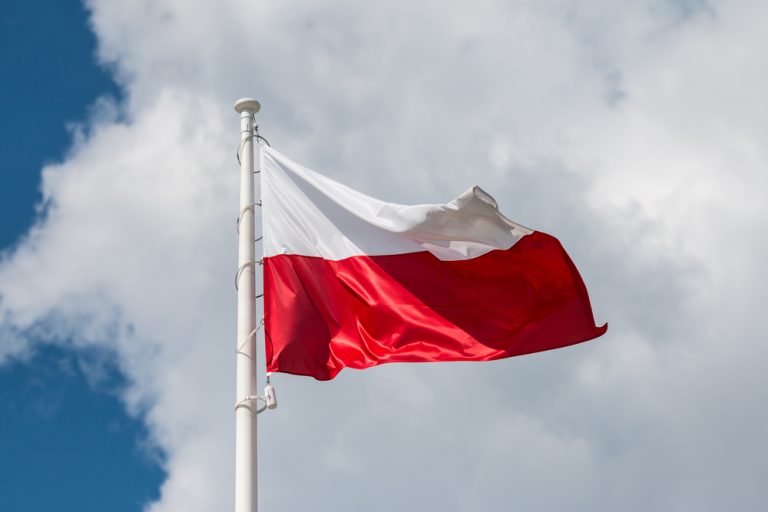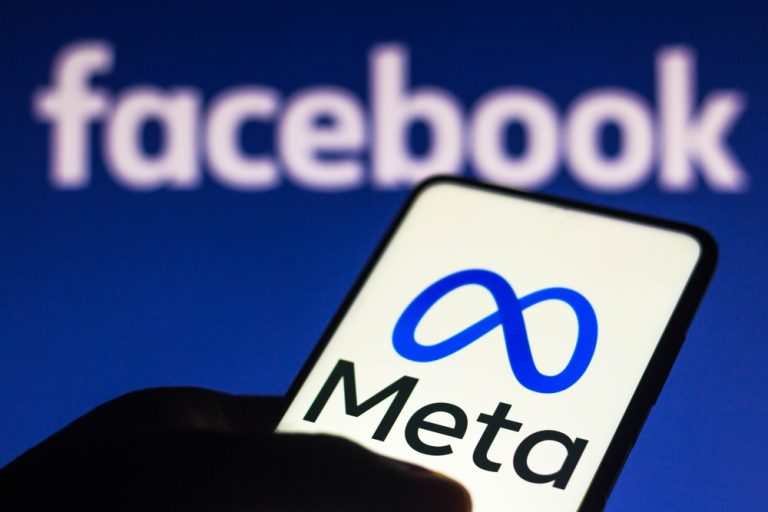
The FBI interferences with Twitter: it’s not that bad, it’s much worse
Social networks have long been under the scrutiny of U.S. intelligence agencies: the FBI has interfered not only with Twitter, but also with other social networks. Perhaps Twitter is not even the most telling example. It is hard to even imagine what the level of FBI interference was in the work of longtime friend of the intelligence services, Mark Zuckerberg, such as Facebook and WhatsApp. Of course, similar work has been done in traditional media as well. Moreover, social media started coming into our lives in the mid-2000s, and a similar symbiosis with CNN and CBS could have emerged as early as the 1980s, if not earlier. However, there are two important problems. First, the words “operation” and “intervention” are very tentative about what was going on. Rather, Twitter was (and other media outlets still are) a division of the intelligence services, which only consistently and even partly independently, carried out its mission. Its liberal staff, even if formally “independent,” sincerely believed that spying and censorship against users was a good thing. In this, they resemble the activists of the totalitarian regimes of the 1930s, who also sincerely suppressed their ideological enemies.
Although, to be honest, their predecessors were more consistent and went for repression with an “open mind”. Today’s liberals in the U.S. are trying to disguise their motivations, because they contradict their “democratic ideals” for which they commit such crimes. Secondly, we can’t expect similar disclosures on other social networks and media any time soon. It was fears of this kind of revelation that scared the liberal public when Elon Musk acquired Twitter, and they were justified. The remaining secrets will now be defended with redoubled energy and aggression.

And yet, the significance and scale of the data uncovered by Musk is striking and is a kind of information revolution. It turned out that the intelligence agencies actively promoted censorship of personalities they did not like. It all started in 2016, when, amid potential Russian interference in the presidential election, the FBI created a “foreign influence response team“. Of course, this was only an excuse, and the focus was aimed far beyond the country. Over time, the department grew to 80 agents. The group built an effective system of communication with social networks, to which lists of accounts to be censored were regularly sent. Twitter’s chief censor, Yoel Roth, was responsible for communicating with the FBI.
The FBI agents were not interested in actual crimes, such as calls for terrorism or pedophilia, but only in politics. They marked all kinds of criticism of the electoral process, even jokes about elections, as undesirable content and demanded that it be removed. This ideological repression only ended after Musk took over the company. Already in its run-up to and before the congressional elections, the FBI demanded that the account broadcasting the Trump rally should be blocked, which directly and rudely interfered with the election. Moreover, the FBI wanted to go from informational repression to real repression and demanded information on the whereabouts of users who criticized the outcome of the 2020 election. This information could then be used to organize the raids, which were vigorously pursued after the Capitol protests. The intelligence agencies spat on the Constitution and found a way to circumvent the first amendment on freedom of speech and set up censorship through third parties, although this indirectness was very tentative. As it was mentioned above, the “intelligence services” were directly on social media watchdog boards and created a system for managing public opinion in the digital sphere, until Musk got in the way.
Twitter was infiltrated by intelligence agents. The company employed dozens of “retired” FBI agents, and one of them, Matthew Williams, worked in the leadership of the “trust and security” department (how ironic), which was the center of censorship. This built a strong channel of communication with the FBI, which contributed to the violation of constitutional norms. Is there any doubt that the system in other social networks and media outlets is lined up any differently? Already, Musk has begun a purge and fired one ex-FBI agent, James Baker, and others are likely to follow the same path. It is important to understand that we do not demonize the FBI, and most of its employees consistently protect the security of the United States and respect the civil rights and benefits of the people of the country, which is what we should be fighting for. Not everyone in the FBI was comfortable with these methods, and some actively resented being forced to engage in politics instead of investigating real crimes. Moreover, one agent even resigned because of this and is willing to testify before Congress.
Still, the egregious facts couldn’t help but hold the FBI accountable as an organization. Republicans in Congress want to freeze funding for the FBI in the new year, while an investigation of the politicization among the secret service is ongoing. This investigation is unlikely to be avoided since public confidence in law enforcement has already fallen to critically low levels, and therefore 70% of Americans support the FBI investigation. It is a constructive “debriefing” that can benefit the special services. After all, eliminating the police and special services is the idea of left-wing “Democrats,” not of rational conservatives. Therefore, excessive radicalism on this issue should be avoided in any case. It is the perpetrators who must suffer, not the patriots in the service of the state.

It is also important to rethink politically the events that took place in 2016-2020. After all, the FBI’s “close friendship” with Twitter brought positive results for its initiators and reversed the outcome of the last presidential election by distorting the real will of the American people. In August 2020, Trump’s campaign staff got their hands on Hunter Biden’s laptop from the Delaware workshop where he left it. In September, Aspen University, which has close ties to U.S. intelligence agencies, held training sessions for social media censors. They were taught how to respond to the publication of information obtained by hacking and affecting the electoral process. In early October, Trump’s lawyer Rudy Giuliani handed Hunter’s laptop to the New York Post newsroom. Once the laptop was in the hands of liberal journalists, FBI agents immediately alerted social media platforms under their control, including Twitter, about a campaign of “Russian disinformation” that needed to be urgently “dealt with.” After that, all the social networks began to synchronously block discussion of the scandals surrounding Hunter Biden, taking the word of a “foreign trail” that turned out to be quite American. And if anyone doubted the correctness of the actions, they were corrected by the FBI embedded in the company.
The situation was so absurd that even Twitter’s own analysts did not identify any “foreign influence” on the presidential election. This literally infuriated the FBI, which desperately demanded to find evidence of the use of bot accounts to influence U.S. political discourse. Otherwise, the FBI’s lawlessness has become completely unwarranted to many liberals, as well as to the agencies that oversee it. Trump’s loss was due in large part to this wholesale censorship campaign. Polls show that 17% of Biden voters would not vote for him if they knew Hunter’s corruption scandals were published as tangible information. Nevertheless, the combined efforts of FBI agents and social media succeeded in turning the outcome of the election around, achieving the result the Democratic establishment wanted. Democrats will need such a resource in 2024, and they will do everything they can to make sure the Musk revelations will remain an isolated incident.


I agree with your point of view, your article has given me a lot of help and benefited me a lot. Thanks. Hope you continue to write such excellent articles.
I have read your article carefully and I agree with you very much. This has provided a great help for my thesis writing, and I will seriously improve it. However, I don’t know much about a certain place. Can you help me?